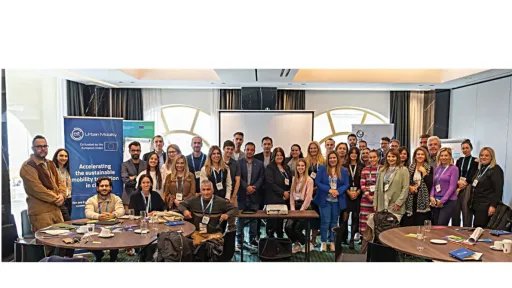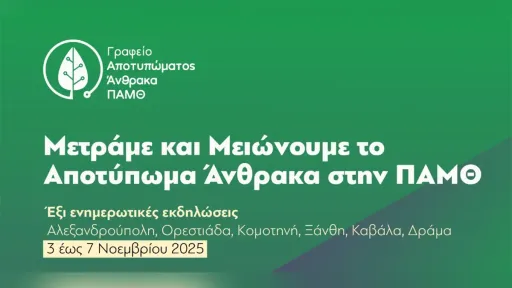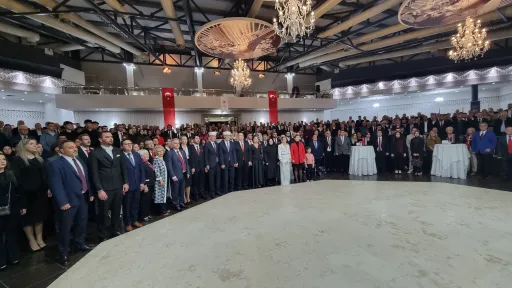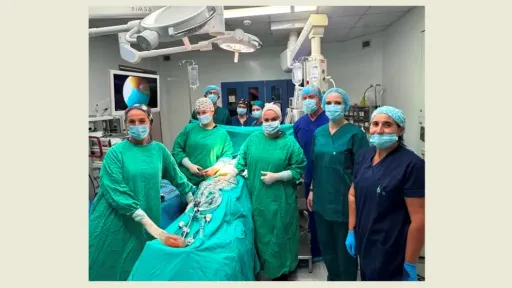Four new addiction treatment centers to begin operation in Eastern Macedonia and Thrace in early 2026

The National Organization for the Prevention and Treatment of Addictions (EOPAE) announced that four new addiction treatment structures in Eastern Macedonia and Thrace (PAMTH) will begin operating in early 2026, following their approval for co-funding under the ESPA and the “Eastern Macedonia & Thrace 2021–2027” Program.
The total budget amounts to €4,298,060.72, and the new facilities will be located in İskeçe, Kavala, and Gümülcine. According to EOPAE, the initiative aims to strengthen regional access to comprehensive addiction treatment and prevention services, integrating medical, psychological, and social support.
The four new structures include:
Combined Addiction Treatment Unit – İskeçe
Provides substitution therapy for opioid dependence along with psychosocial and counseling support, addressing both medical and behavioral aspects of addiction.
Multifunctional Youth Addiction Center – Kavala
Offers counseling and treatment services for adolescents and young adults dealing with substance addiction, alcoholism, prescription drug misuse, gambling, or internet addiction. It also provides support to families and close social circles.
Mobile Intervention Unit – Kavala
Designed to reach individuals in remote or underserved areas, the unit will engage with those using addictive substances or exhibiting dependency behaviors. Its mission includes outreach, harm reduction, information, and referral to specialized treatment services when necessary, with escort and follow-up capabilities.
Multifunctional Addiction Treatment Center – Gümülcine
Focused on primary-level addiction care, offering short-term counseling and therapeutic interventions for individuals dependent on legal or illegal psychotropic substances or affected by behavioral addictions such as gambling, compulsive online shopping, and digital overuse.
EOPAE emphasized that these facilities will operate in coordination with one another and the existing network of the Organization’s services in the region, ensuring comprehensive, interconnected, and flexible treatment options.
In total, the four centers will be staffed with 33 specialized professionals, including psychologists, social workers, and addiction counselors, marking a significant step forward in public health infrastructure for the region.







